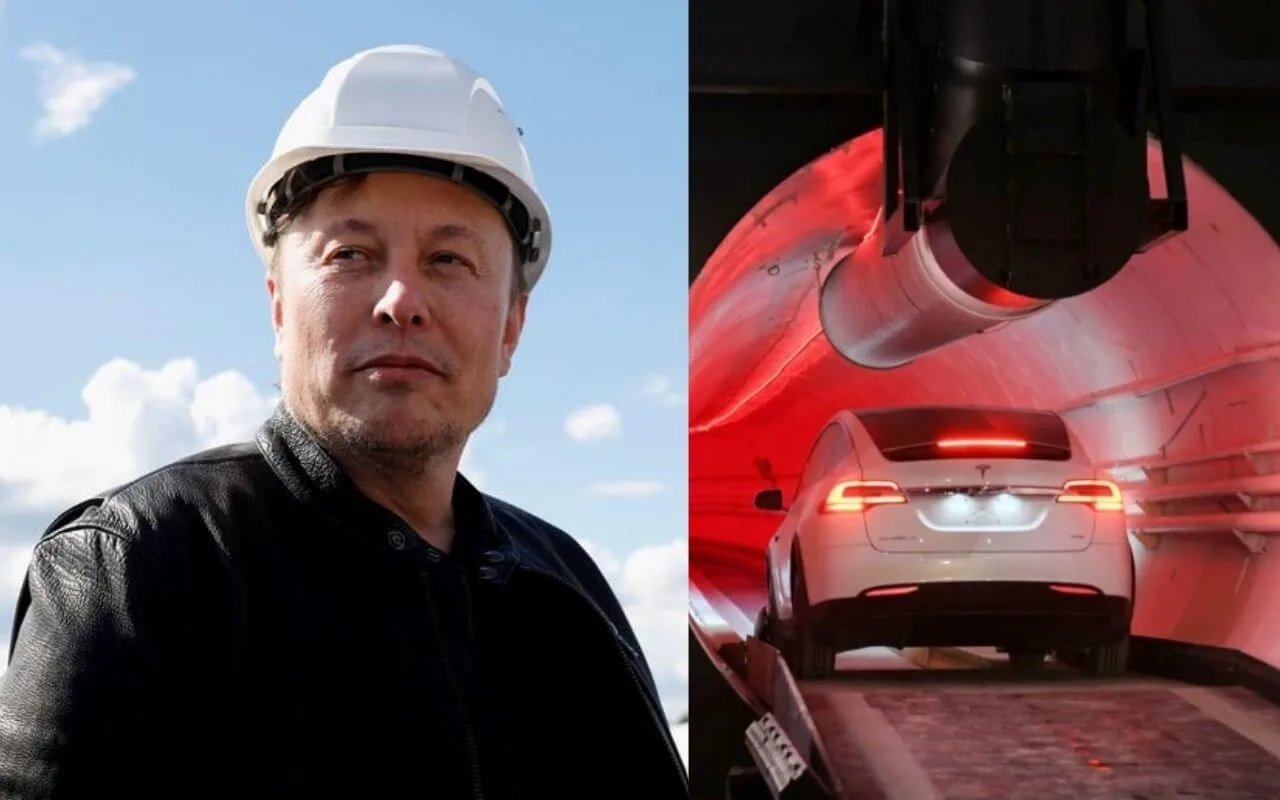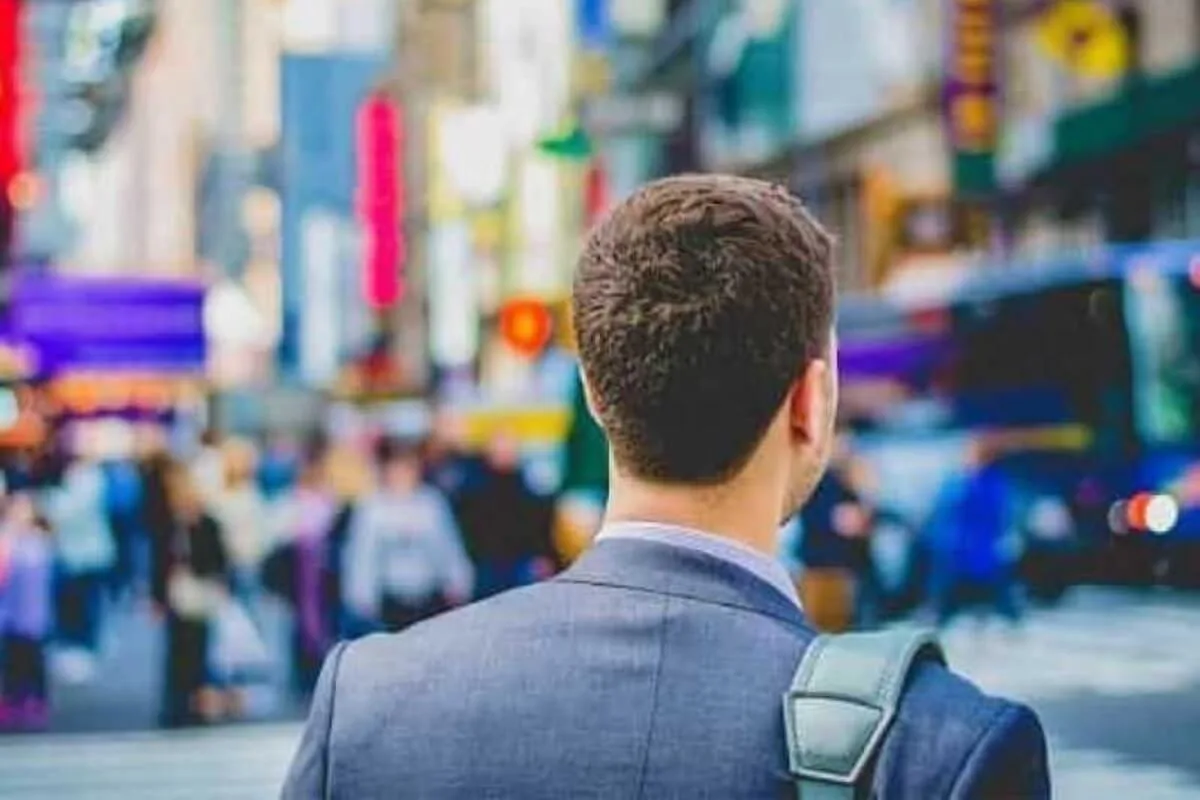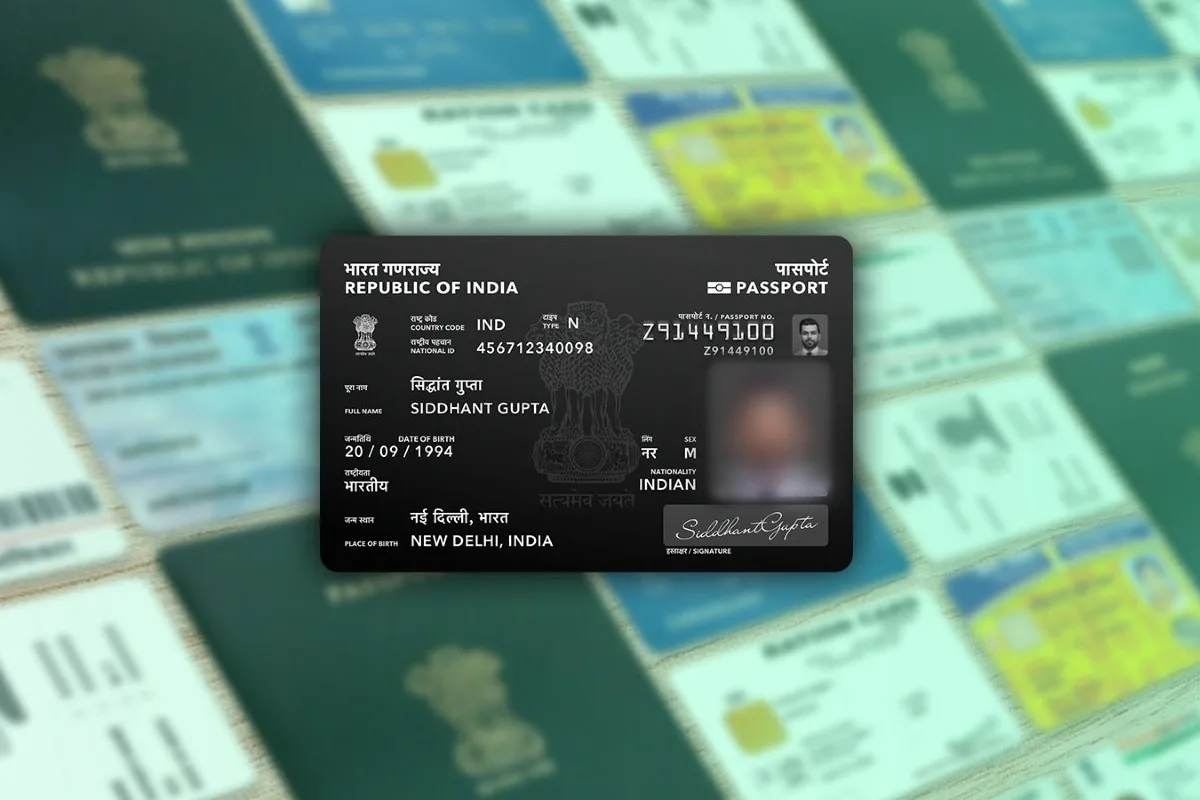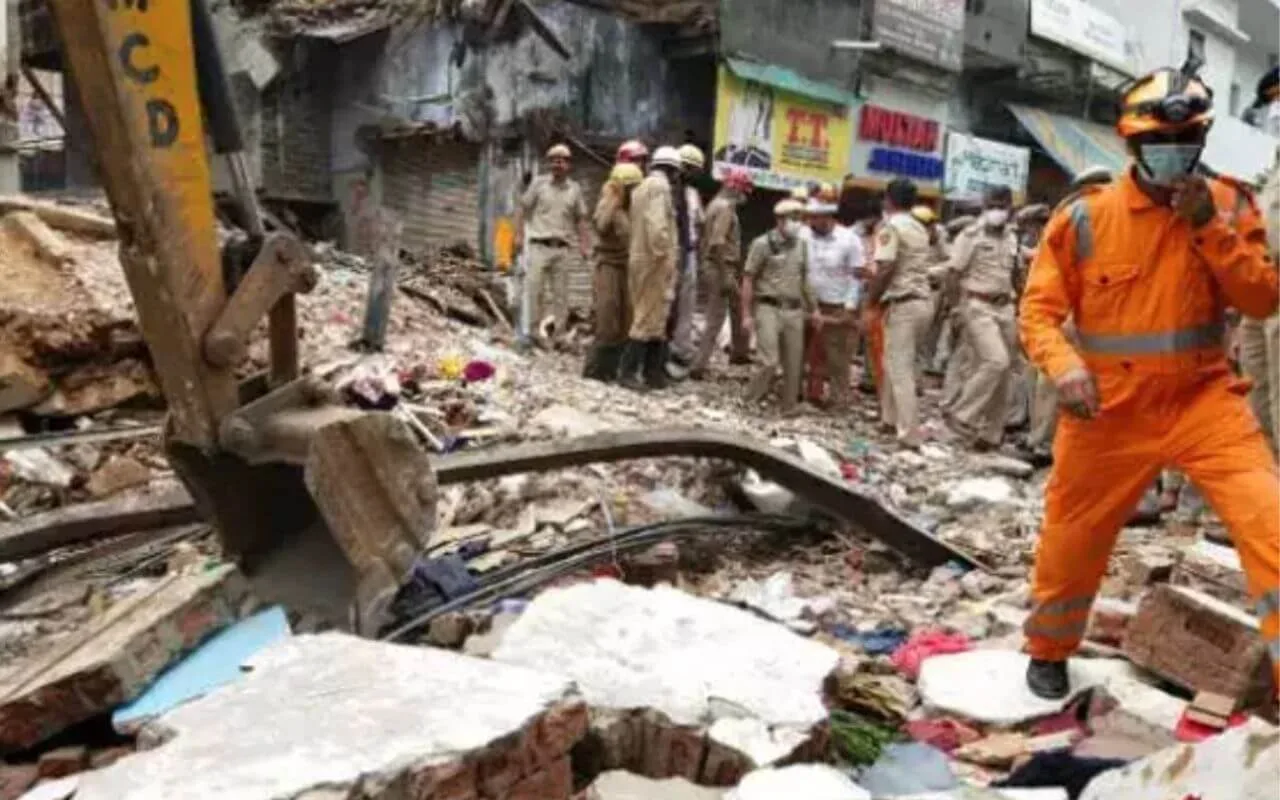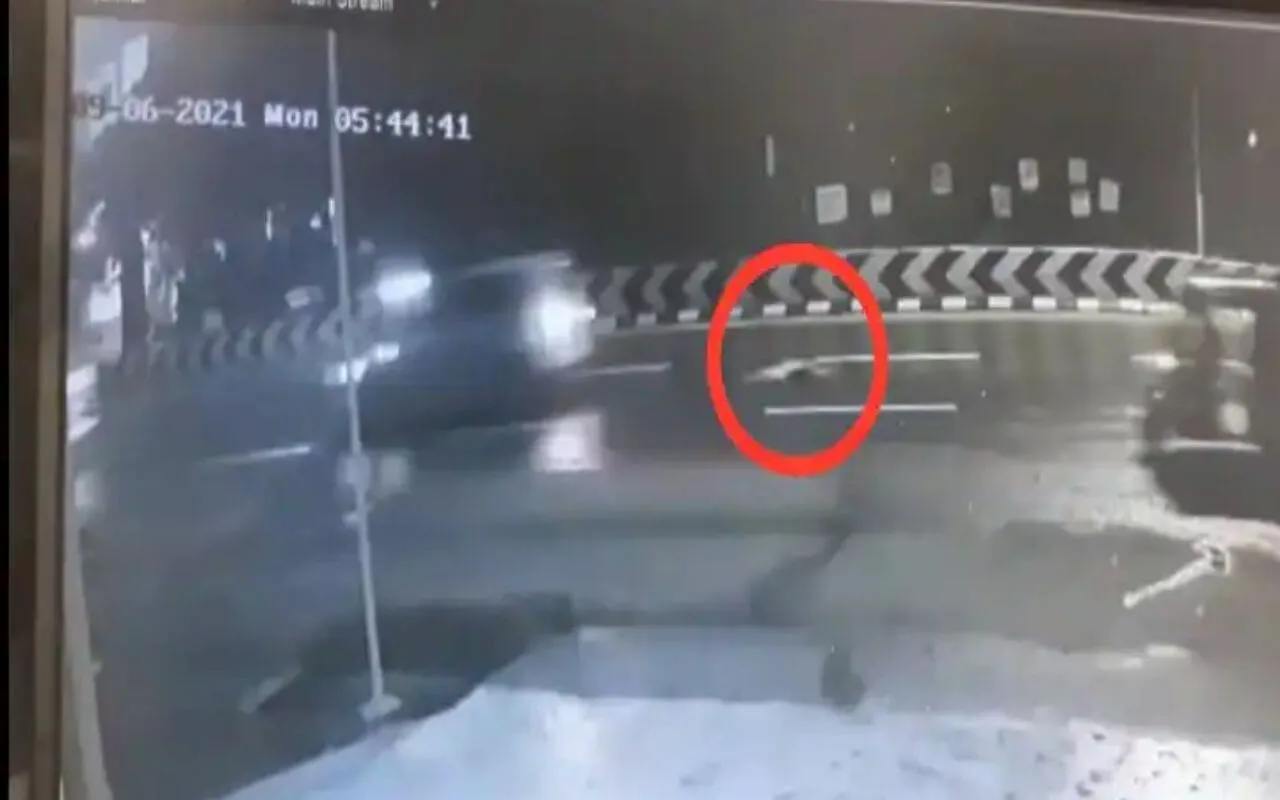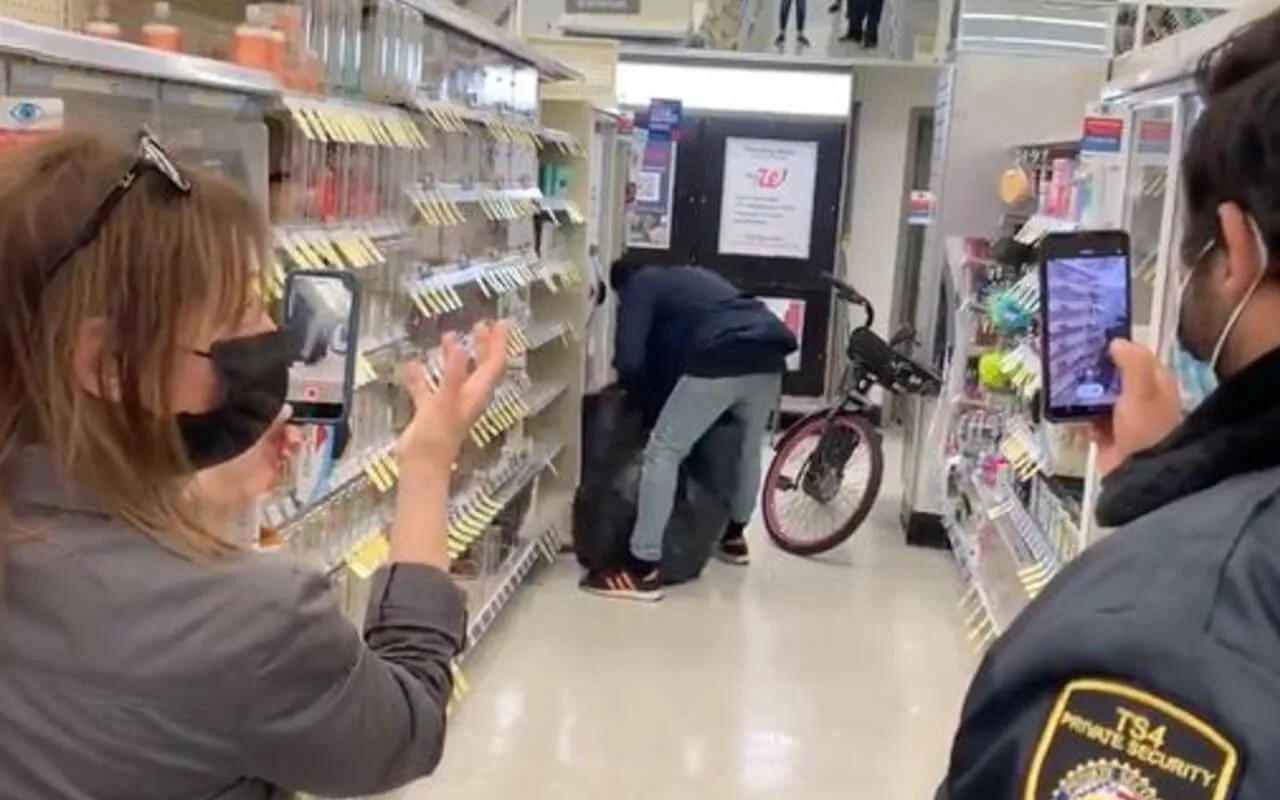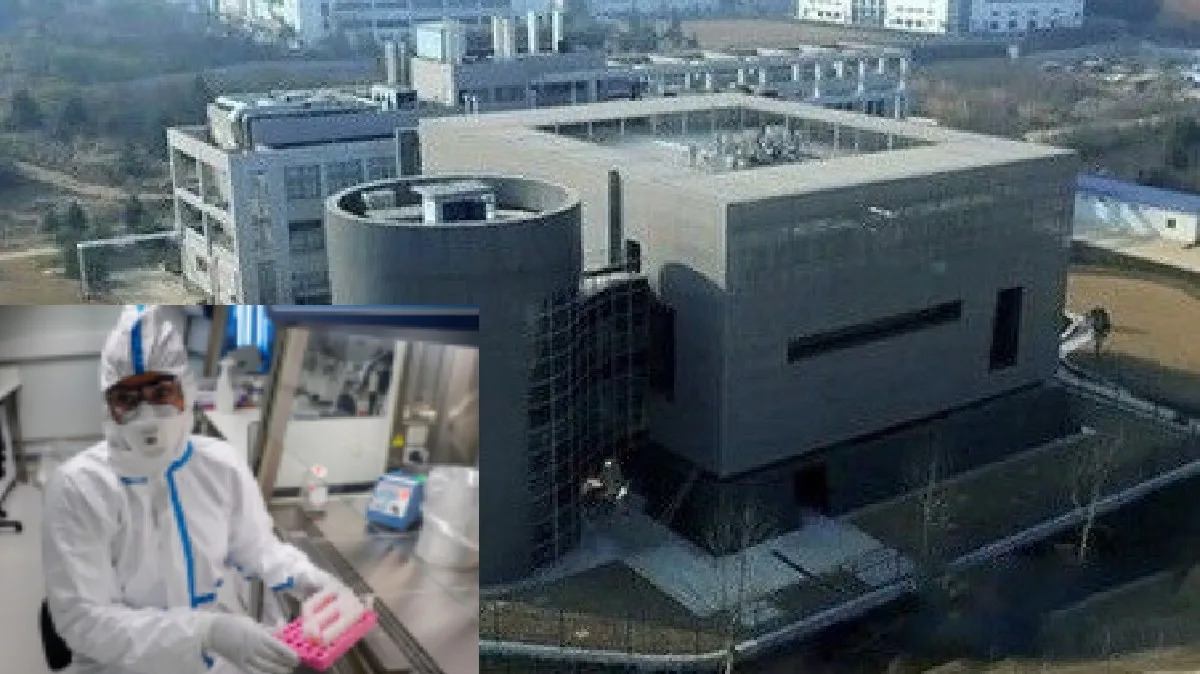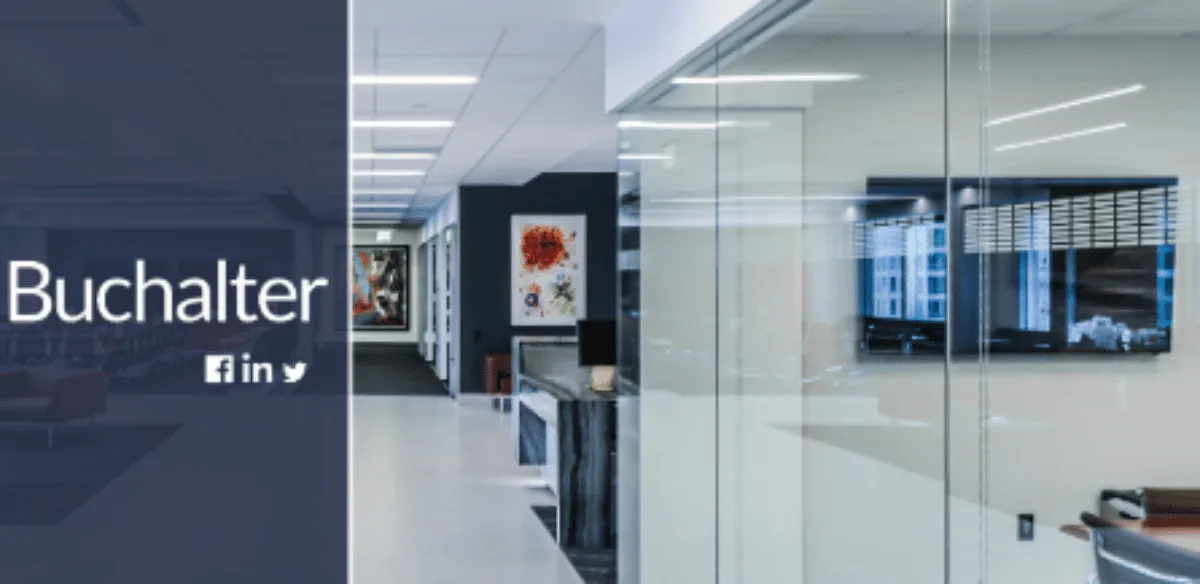Elon Musk wants to build a tunnel in Fort Lauderdale for the purpose of easing traffic on one of the city’s busiest roads. This week, Ford Lauderdale’s city government accepted a proposal from Musk’s urban tunnel-digging outfit, the Boring Company, to construct an underground passageway that will transport people from downtown to the beach via self-driving Teslas.
Ben Sorensen, Fort Lauderdale’s city commissioner, told Recode that the cars would run from downtown to the beach and back, stopping along Las Olas, the city’s main business and restaurant street. Now that the proposal has been accepted, other firms have 45 days to submit their own tunnel proposals. A tunnel of this kind is considered feasible by experts as well.
Fort Lauderdale is not the only place where local officials are exploring the idea of underground traffic tunnels powered by Teslas. However, as other cities have struggled to get their Boring Company tunnels off the ground (or rather, buried), an initial plan for building this infrastructure in Fort Lauderdale is already raising concerns that the company’s past issues might repeat themselves – not to mention Florida’s rising sea levels. Despite this, Fort Lauderdale and Boring Company officials remain confident in the tunnel plan, which has been discussed since the end of last year, Sorensen said.
State officials have already met with engineers, visited the Boring Company’s loop in Las Vegas, and requested state support for the project’s expansion. Meanwhile, the mayor is something of a Musk fan, praising Boring and Musk’s company in his newsletter.
Immediately after the project’s announcement, there were concerns that it was ill-advised. Because the city is close to the ocean and sea levels are rising as a result of climate change, there is concern that the tunnel will flood.
Despite promises of lower costs and faster construction times, engineers and tunnel industry experts say the Boring Company does not offer any novel solutions to tunnel construction. Several others have suggested greater investment in public transport as the best option to alleviate the city’s traffic problems. transport as the best option to alleviate the city’s traffic problems.
Lily Elefteriadou, the director of the University of Florida’s Transportation Institute, told Recode that the idea is worth investigating from a structural and engineering perspective. A transportation systems perspective points out that the most sensible thing to do is to look for alternatives to private vehicles.
According to Elefteriadou, tunnels are expensive, so a rail line or dedicated lane might be more practical, depending on the land, funding, and expected ridership. Experts told Recode that if the tunnel plan goes through, water concerns, including those exacerbated by climate change, will affect the kind of features engineers will need to consider.
A professor specializing in tunneling at the Colorado School of Mines, Michael Mooney said designers will take into account what loads could conceivably exist over a period of 100 to 150 years. In addition to rising sea levels and hurricane events, they will design accordingly. Mooney suggested that water problems could affect tunnel heights and how water is pumped through a tunnel.
In the past, engineers had waterproofed tunnels to cope with water, and tunnel engineers are familiar with this practice. An example is the recently constructed Port of Miami Tunnel, an undersea tunnel the city constructed to connect two islands off the mainland. In addition to storm surge risks, this project wanted to consider other water challenges.
According to University of Central Florida civil engineering professor Luis Arboleda Monsalve, engineers will have to consider the Fort Lauderdale tunnel’s soil conditions, which include sandy soil and limestone.
Monsalve said they have built tunnels in extremely difficult ground. However, there are still unknowns. The uncertainty over what might happen in the next 30 years, or in 100 years, is outweighed by our better understanding now, says Shimon Wdowinski, a Florida International University professor of earth and environment.
Aside from Fort Lauderdale, Musk’s company is wooing other Florida cities. In addition to the governor of Florida, Francis Suarez, the mayor of Miami, has expressed interest in building a road tunnel. However, there are still reasons to be skeptical. A number of tunnel proposals from the Boring Company never saw the light of day. An initial plan to build a tunnel between Chicago’s downtown and its O’Hare airport didn’t pan out, and the company also seems to have stalled its plans to build a loop tunnel between Washington, DC, and Baltimore.
Meanwhile, the tunnels the Boring Company has built have yet to meet original expectations, and the company’s test tunnel in Los Angeles was a far cry from the futuristic designs the company originally proposed. Sorensen, the city commissioner for Fort Lauderdale, told Recode that the city hopes to be able to transport 4,000 passengers and run cars entirely autonomously. In the Las Vegas tunnel, self-driving cars still haven’t arrived (the Teslas are driven by humans) and, due to fire regulations, the loop can’t increase its capacity to 4,000 cars per hour.
Currently, no other companies have expressed interest in building this tunnel, but Fort Lauderdale still awaits their proposals. Despite the concerns, it appears that the city plans to move forward. As Wdowinski pointed out – In order to guarantee 30-year success, we have to consider that it may work in the short run, but not in the long run. Decision makers will have to determine how long it works!

